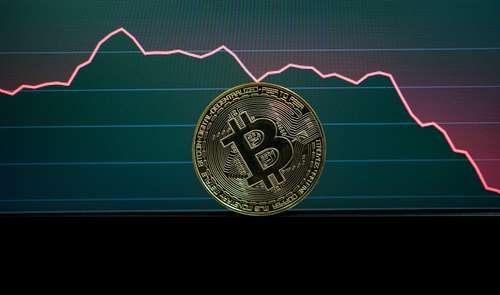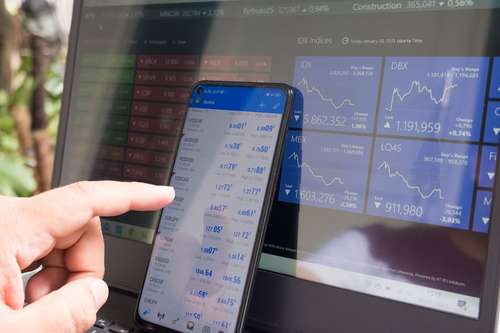Julian Assange, the controversial founder of WikiLeaks, has often discussed the revolutionary potential of blockchain technology. Though Bitcoin is often hailed as the crown jewel of decentralized finance, Assange believes the true value of blockchain extends far beyond cryptocurrency.
In his vision, blockchain could play a pivotal role in revolutionizing systems across various sectors, including journalism, governance, and data integrity.
Here’s a breakdown of how Assange views blockchain’s broader potential beyond Bitcoin innovation.
Blockchain's Potential
While Bitcoin is often viewed as the flagship innovation of blockchain technology, Assange sees the underlying blockchain as much more than a financial system. Blockchain's potential extends beyond cryptocurrencies, acting as a decentralized ledger that could transform industries like journalism, government transparency, and data verification.
Assange has argued that blockchain offers something powerful: the ability to establish a permanent, verifiable record of transactions or events. This record isn't just limited to financial transactions but can also serve to ensure historical accuracy, prevent corruption, and combat censorship.
He believes that blockchain could create a global ledger that makes information trustworthy and immune to tampering.
"Blockchain nails down history, breaking Orwell's dictum of 'He who controls the present controls the past,'" Assange once stated during an AMA session.
Bitcoin Innovation: The Beginning, Not the End
Bitcoin was initially a response to centralized financial systems, and Assange acknowledges its role in bypassing traditional banking. His support for Bitcoin stems from his own experience with financial censorship when WikiLeaks was cut off from receiving donations through traditional banking channels. Bitcoin, as a censorship-resistant currency, provided an alternative that kept WikiLeaks operational.
However, while Bitcoin was a major step toward decentralization, Assange argues that it is just the beginning. Bitcoin innovation has demonstrated the power of decentralized systems, but blockchain, the technology that powers Bitcoin, has far broader implications.
Assange notes that Bitcoin’s "proof-of-work" model can be adapted to other areas, such as timestamping important events, securing digital documents, and even ensuring journalistic integrity.
According to him, Bitcoin has opened the door, but blockchain has the potential to walk through it and transform multiple industries.
The Role of Decentralized Systems in Society
Decentralized systems, such as blockchain, are inherently resistant to centralized control. For Assange, this is one of blockchain’s most valuable features. Traditional systems, whether financial, governmental, or informational, rely on central authorities that can be manipulated or controlled. Decentralized systems, on the other hand, distribute power across networks, reducing the risk of censorship or corruption.
Assange envisions a future where decentralized systems protect not just financial freedom but also freedom of speech and access to information.
In a Reddit AMA, Assange said that blockchain can be a tool for securing free speech. By using blockchain technology to store and verify information, we could create a global system where facts are indisputable, transparent, and verifiable by anyone.
This decentralization aligns with Assange's mission to protect freedom of information and expose corruption through platforms like WikiLeaks.
Final Thoughts
Julian Assange’s vision for blockchain goes far beyond cryptocurrency. He believes that blockchain’s true value lies in its potential to safeguard human rights, protect free speech, and decentralize power structures.
While Bitcoin innovation has shown the world that decentralized systems can work, blockchain’s full potential remains largely untapped.




